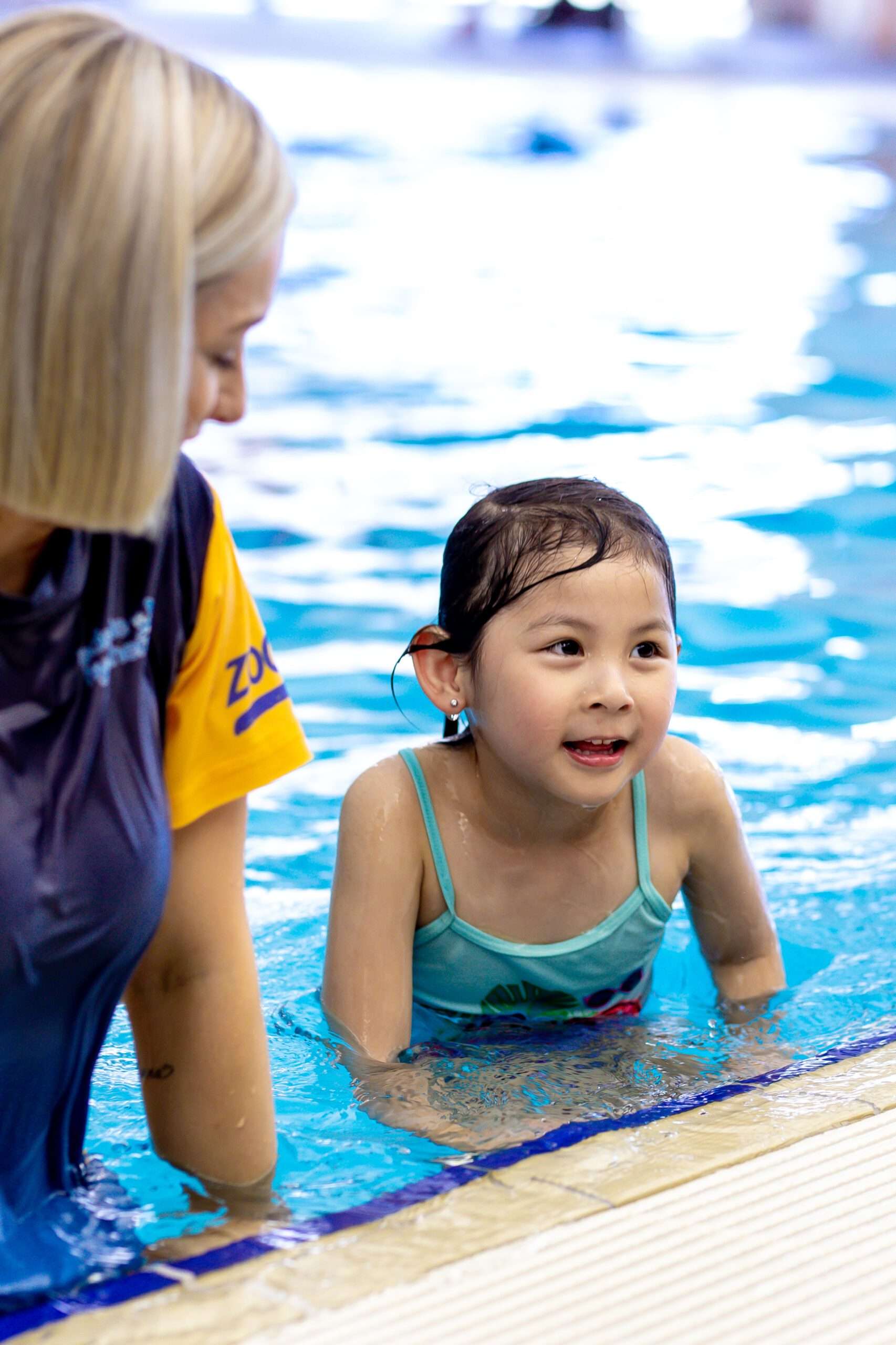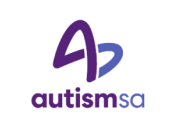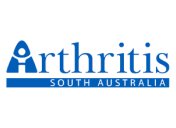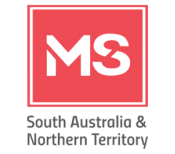How Physiotherapy Can Help
Rotator cuff related shoulder pain is a common condition that affects millions of people worldwide. The rotator cuff is a group of four muscles and their tendons that surround the shoulder joint, providing stability and facilitating movement. When these muscles or tendons become injured, inflamed, or torn, it can lead to significant pain and reduced shoulder function.
What causes Rotator Cuff-Related Shoulder Pain?
Rotator cuff injuries can result from various factors, including:

- Overuse: Repetitive overhead movements, such as those in sports like tennis or activities like painting, can strain the rotator cuff muscles.
- Aging: As we age, it is normal for tendons to degenerate with time, making them less elastic and more prone to tears.
- Acute injuries: Sudden trauma, such as falling on an outstretched arm or lifting something too heavy can cause immediate damage to the rotator cuff.
Symptoms of Rotator Cuff Injuries
Common symptoms of rotator cuff injuries include:
- Persistent pain in the shoulder, especially during overhead activities or lying on the affected side.
- Weakness in the arm, making it difficult to lift objects or perform daily tasks like getting something out of your cupboard or hanging up the washing.
- Limited range of movement in the shoulder, leading to stiffness and discomfort.
How Physiotherapy can help

Physiotherapy plays a crucial role in the management and recovery of rotator cuff-related shoulder pain. Here’s how it can help:
1. Education and Prevention
A large part of physiotherapy is education and helping you understand the condition you’re dealing with. This can significantly improve outcomes for individuals with rotator cuff-related shoulder pain. Your physio should tell you about the factors that may contribute to your pain, how you can best manage it and what to do in case of any flare-ups. This knowledge is vital for long-term management and the prevention of recurrence.
2. Pain relief
One of the primary goals of physiotherapy is to alleviate pain. Physiotherapists use various techniques and can help you understand what may help to reduce your pain and inflammation.
3. Strengthening the Rotator Cuff
Strengthening the muscles of the rotator cuff is essential for recovery and preventing future injuries. A physio will design a personalized exercise program to gradually rebuild strength in the shoulder muscles. These exercises not only help in recovery but also improve the overall stability and function of the shoulder joint.
4. Improved Mobility and Flexibility
Stiffness and reduced range of motion are common issues with rotator cuff injuries. Physiotherapy focusses on restoring normal shoulder mobility through targeted exercises. In some cases gentle stretching may be beneficial if it does not cause too much pain.
The Benefits of Early Intervention
Early intervention with physiotherapy can significantly improve outcomes for individuals with rotator cuff-related shoulder pain. Delaying treatment can lead to worsening symptoms and prolonged recovery times. If you suspect you have a rotator cuff injury, it’s essential to seek professional help as soon as possible.
Conclusion
Rotator cuff-related shoulder pain can be debilitating, but with the right approach, it can be managed effectively. In most cases surgery is not indicated and physiotherapy offers a non-invasive, personalized treatment plan that targets the root causes of pain and helps resotre normal function of the shoulder. By working with a skilled physiotherapist, you can reduce pain, regain strength, and improve overall quality of life.

Meet our newest physiotherapist, Jana! 🤩
Since graduating in 2012 Jana has worked with clients of all ages in busy private practice settings and as a specialist MSK physio in England's National Health Service.
She has a special interest in shoulders but her overall experience includes pre and post-operative care, chronic pain and acute sporting injuries of the shoulder, knees and ankle.
Jana's approach to physiotherapy is holistic and evidence-based, she believes in empowering her clients by helping them understand their condition better. She will work closely with you to create a treatment plan tailored to achieve your individual goals, whether that is to rehab an injury, aid recovery from surgery or build your general strength to improve quality of life.
If you’re experiencing shoulder pain, don’t wait – get in touch now to book your physio appointment at Adelaide Active.
Want to find out more information or book your first consultation?











